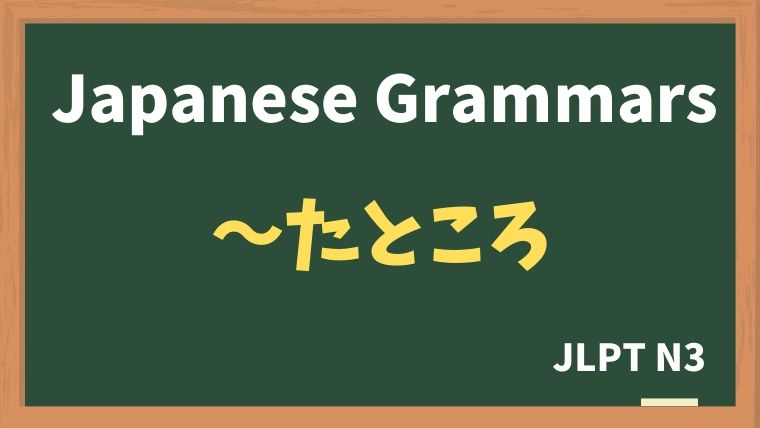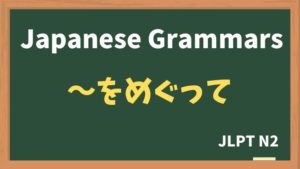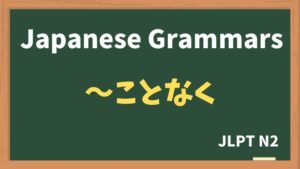
Explanation:〜たところ
fa-check-circleMeaning
"~したら、~という結果になった / ~したら、~ということがわかった"
XたところY:When doing X, it turned out to be Y/ found out Y
Used to describe the outcome or result of an action that was taken. It often conveys the idea that after doing something, a certain result or situation became clear or happened.
fa-check-circleForm
V(ta form)+ ところ
fa-check-circlePoints
- Action Followed by Result: "〜たところ" is used when the speaker takes an action and then discovers the result or outcome of that action.
- Expresses Discovery or Outcome: It often conveys a sense of discovery or realization after performing the action.
fa-check-circleJLPT Level
N3
fa-check-circleNote
Frequently used in written language
Sample sentenes
部屋を片付けたところ、昔の写真が出てきた。
After cleaning my room, I found some old photos.
昔、働いていた会社を訪ねたところ、その会社はもうなかった。
When I visited the company where I used to work, I found that it no longer existed.
タバコとお酒をやめてみたところ、体調がよくなった。
I tried quitting smoking and drinking, and my health improved.
父に留学したいと言ってみたところ、「いいよ」と言ってもらえた。
When I told my father I wanted to study abroad, he said, "Sure."
タブレットを買ってみたところ、思っていた以上に使いやすくてノートパソコンの代わりになりそうだ。
After buying a tablet, I found it was easier to use than I had expected and it might replace my laptop.
メアリーさんをデートに誘ってみたところ、断られてしまった。
When I asked Mary out on a date, she turned me down.
Vocabulary
| Japanese |
English | |
| 訪ねる | たずねる | to visit |
| 誘う | さそう | to invite |
| 断る | ことわる | to refuse |






